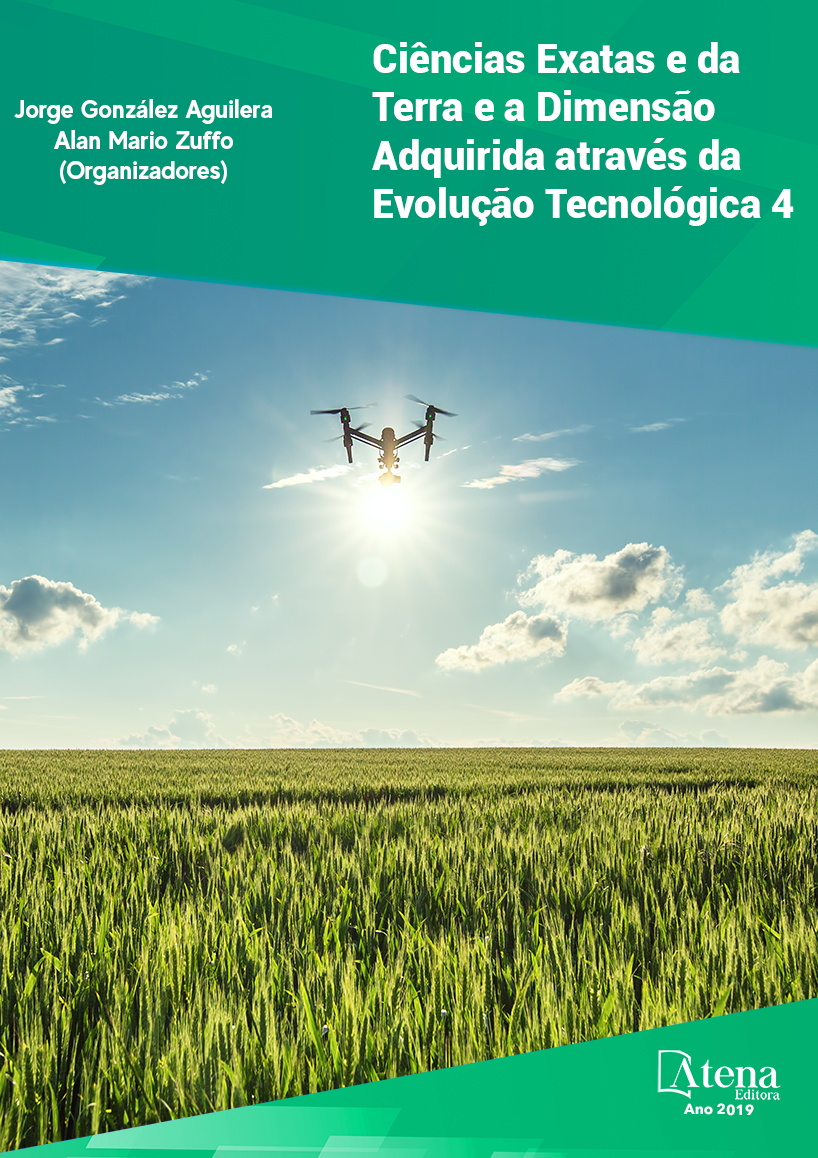
TÉCNICAS DE SENSORIAMENTO REMOTO APLICADAS À MINERAÇÃO NA REGIÃO SEMIÁRIDA DO SERIDÓ POTIGUAR
A mineração dos quartzitos no
município de Ouro Branco no Estado do Rio
Grande do Norte restringe-se ao modelo
extrativista, sem agregação de valor a esse bem
mineral. O quartzito explorado rusticamente e
vendido em placas brutas com preço abaixo do
mercado é decorrente da desagregação de valor
desse bem mineral no próprio município. Outro
entrave era a ausência de mapas temáticos
relacionados à atividade minerária, visando
maximizar a exploração mineral e verticalizar
a produção dessa atividade. Desta forma, os
objetivos desse trabalho consistiram em gerar
mapas temáticos e elaborar um banco de dados
georreferenciados, como forma de armazenar,
consultar, visualizar, manipular e gerar
subsídios para o estabelecimento adequado
das atividades minerárias na área de estudo. Os
materiais utilizados foram o Mapa Topográfico
Jardim do Seridó e as imagens orbitais OLI/
Landsat-8. Os procedimentos de mapeamento
dos mapas temáticos foram realizados no
Sistema de Processamento de Informação
Georreferenciada (SPRING), com suporte de
trabalho de campo. Os resultados mostraram
que é possível organizar e disponibilizar, em
uma plataforma unificada georreferenciada,
mapas temáticos relacionados à mineração,
contribuindo para a formação de um ferramental
técnico-gerencial para o desenvolvimento
apropriado da mineração de quartzito e para
subsidiar o processo de agregação de valor ao
produto final.
TÉCNICAS DE SENSORIAMENTO REMOTO APLICADAS À MINERAÇÃO NA REGIÃO SEMIÁRIDA DO SERIDÓ POTIGUAR
-
DOI: 10.22533/at.ed.75719110716
-
Palavras-chave: Imagem Landsat-8, Interpretação Visual, Processamento Digital de Imagem.
-
Keywords: Landsat-8 Image, Visual Interpretation, Digital Image Processing.
-
Abstract:
Quartzite mining in the municipality
of Ouro Branco in the State of Rio Grande
do Norte is restricted to the extractive model,
without adding value to this mineral commodity.
The quartzite explored rustically and sold in
crude plates with below market price is due to the
disaggregation of value of this mineral commodity
in the municipality itself. Another obstacle was
the absence of thematic maps related to the
mining activity, aiming to maximize the mineral
exploration and to verticalize the production of
this activity. In this way, the objectives of this
work were to generate thematic maps and to
elaborate a georeferenced database, as a way
of storing, consulting, visualizing, manipulating
and generating subsidies for the proper
establishment of mining activities in the study
area. The materials used were the Topographic Map Jardim do Seridó and the OLI/Landsat-8 orbital images. The mapping procedures
of the thematic maps were carried out in the Georeferenced Information Processing
System (SPRING), with field work support. The results showed that it is possible to
organize and make available, in a unified georeferenced platform, thematic maps
related to mining, contributing to the formation of a technician-managerial tool for the
proper development of quartzite mining and to subsidize the process of value adding
to the final product.
-
Número de páginas: 15
- Paulo Sérgio de Rezende Nascimento


